Within the Boboli Gardens of the Pitti Palace, in Florence, lies a magical grotto
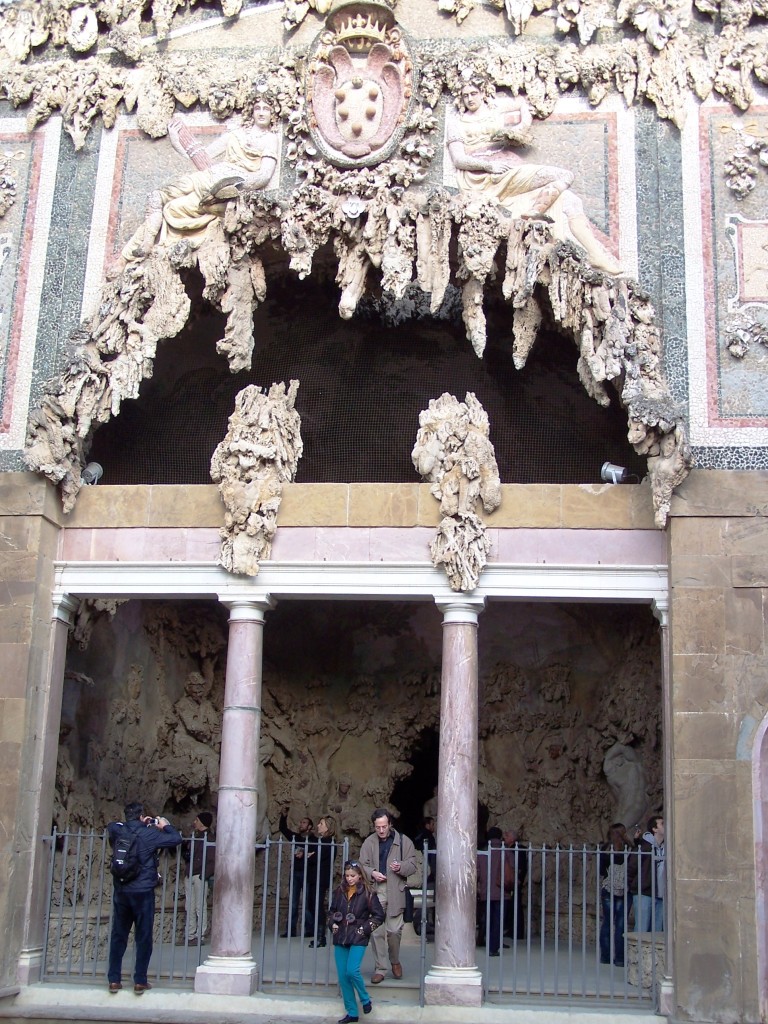
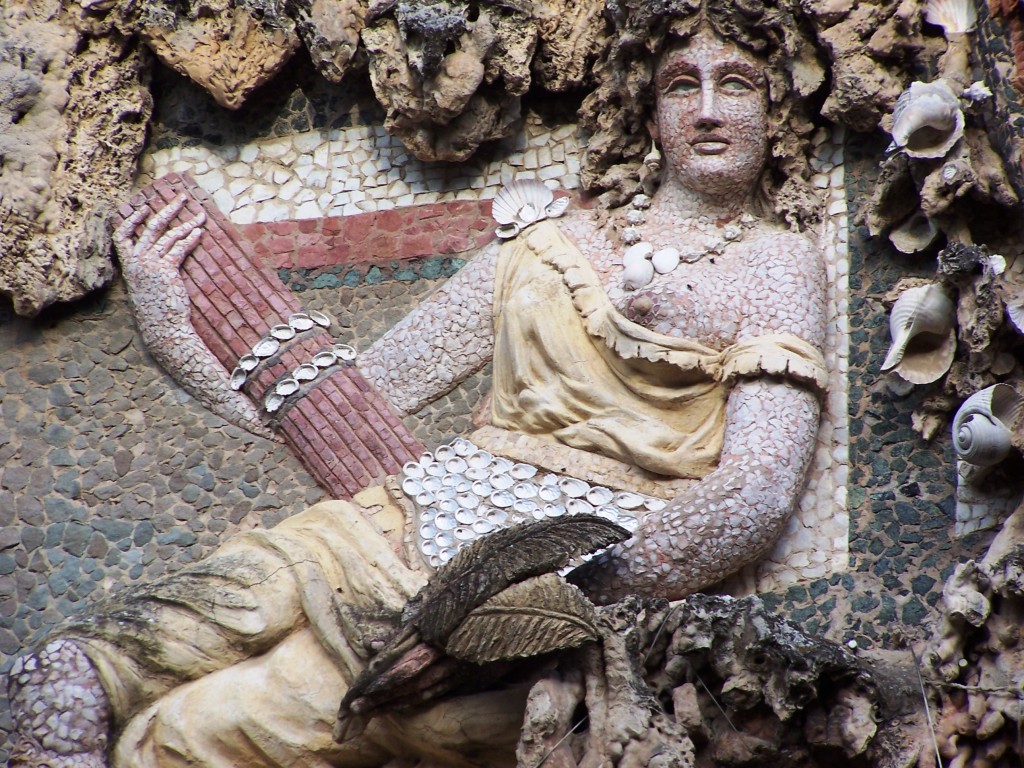
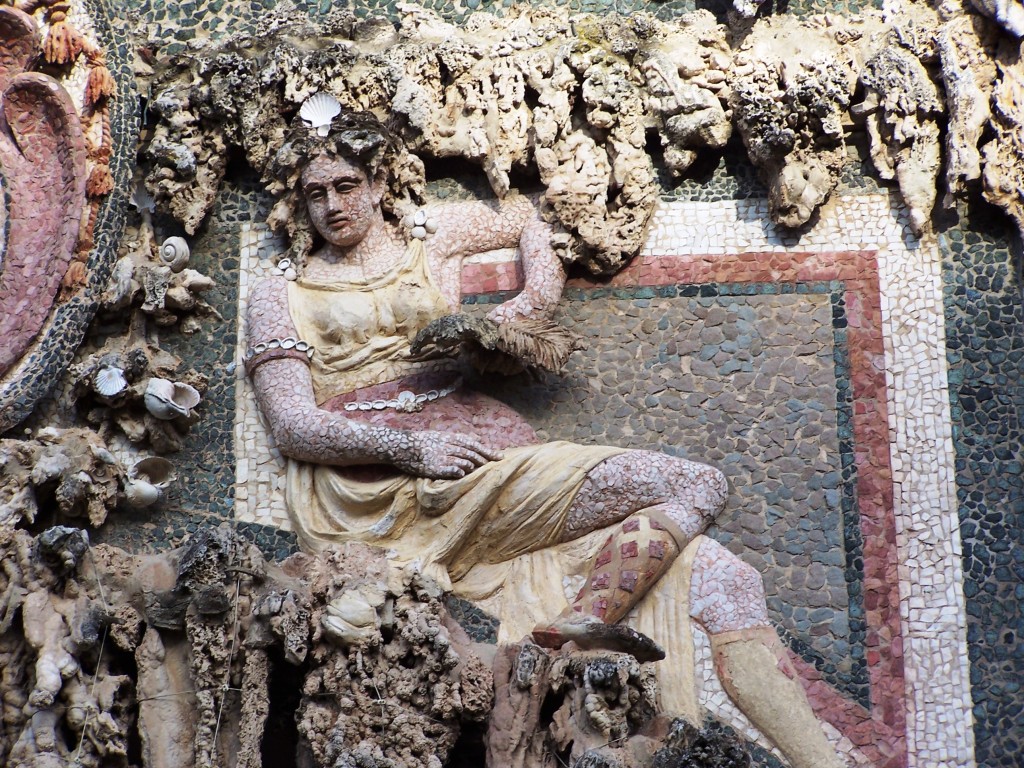
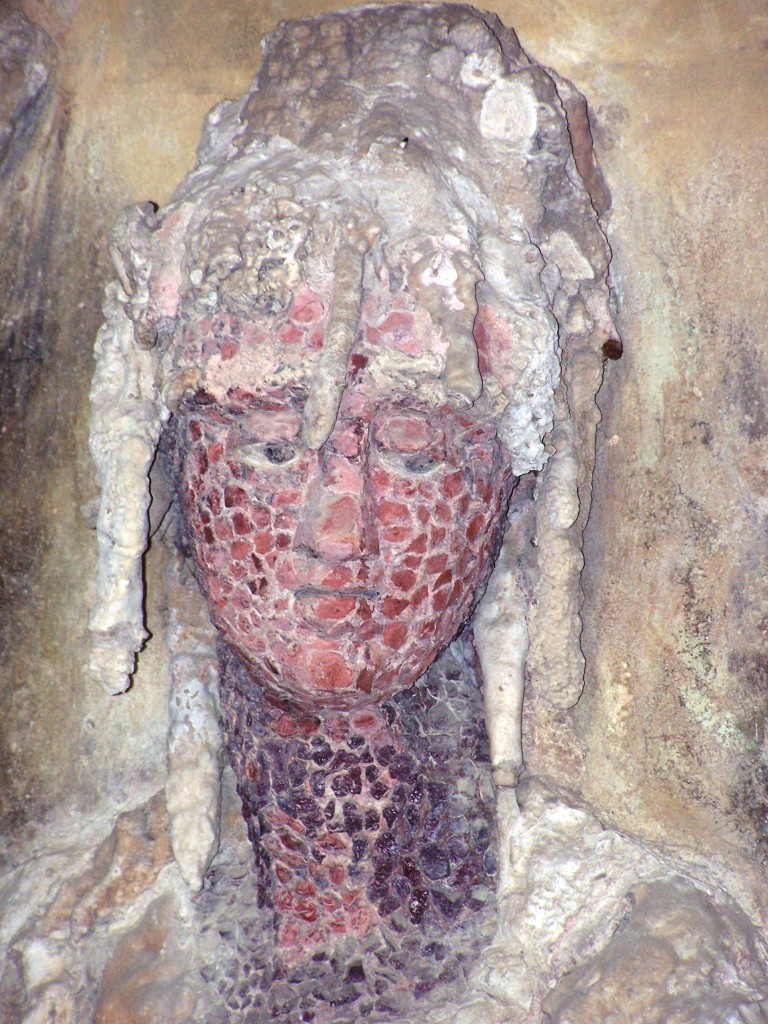
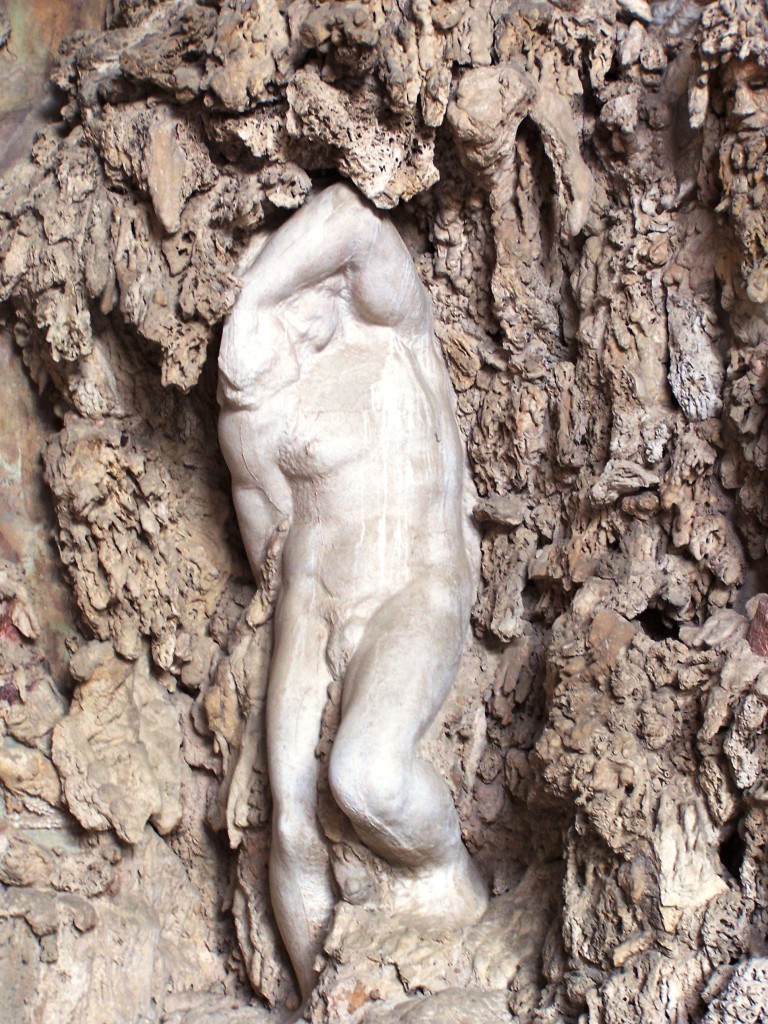
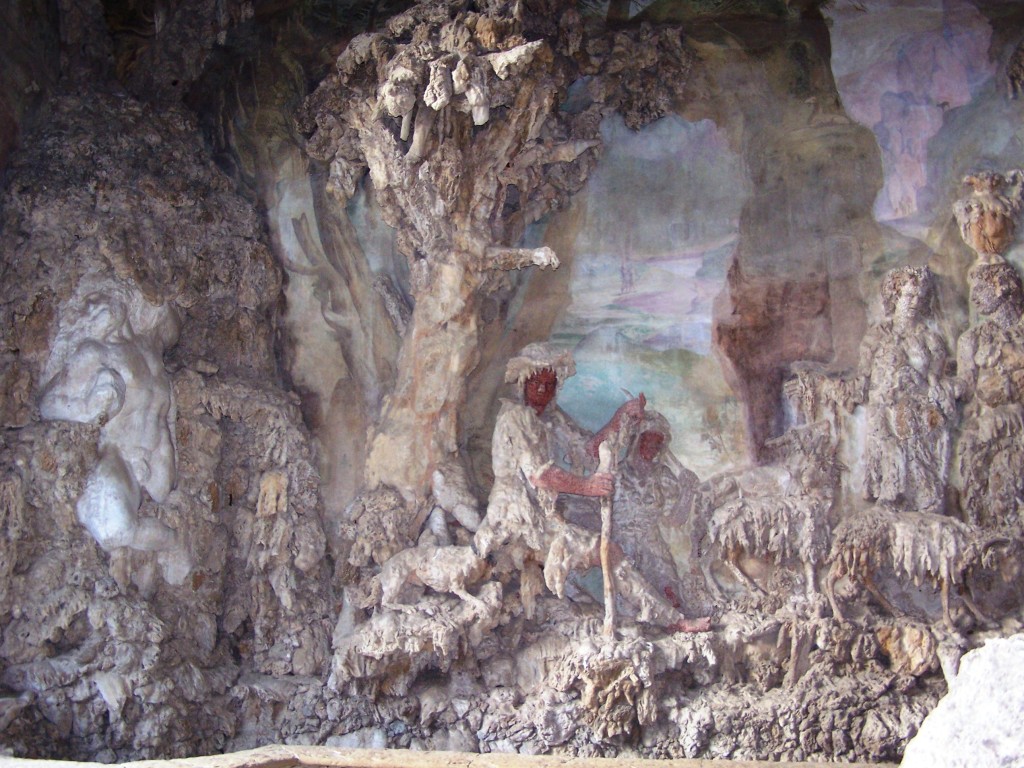
The grotto was a place of shelter for the shepherds
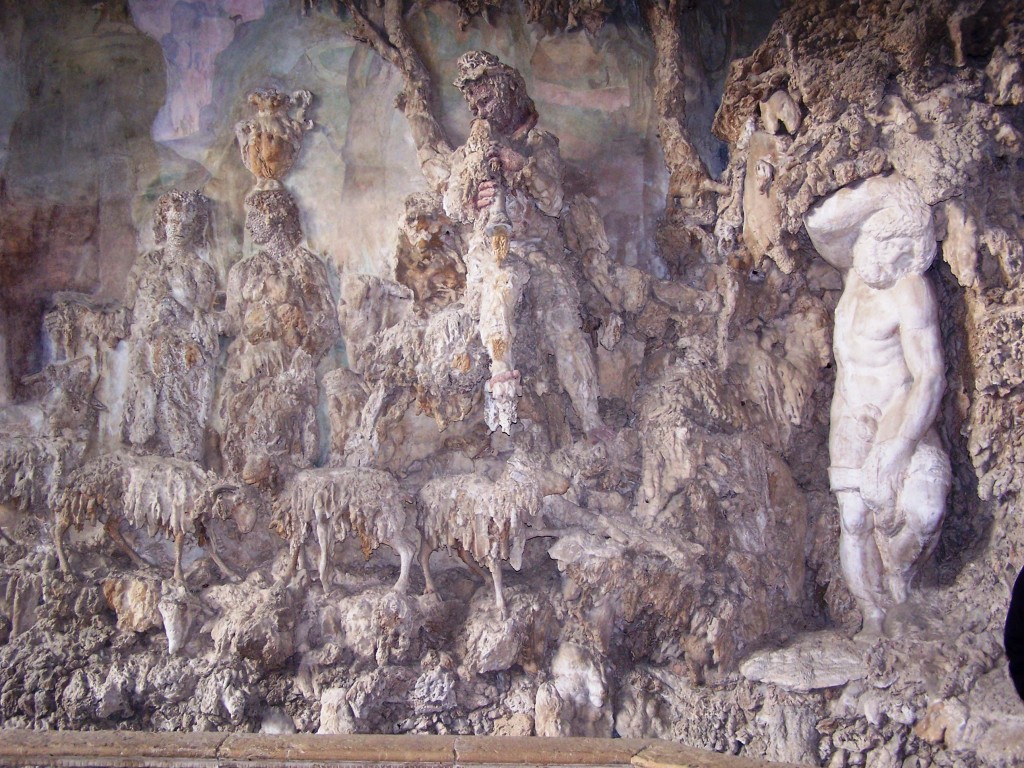
with Michelangelo’s contribution
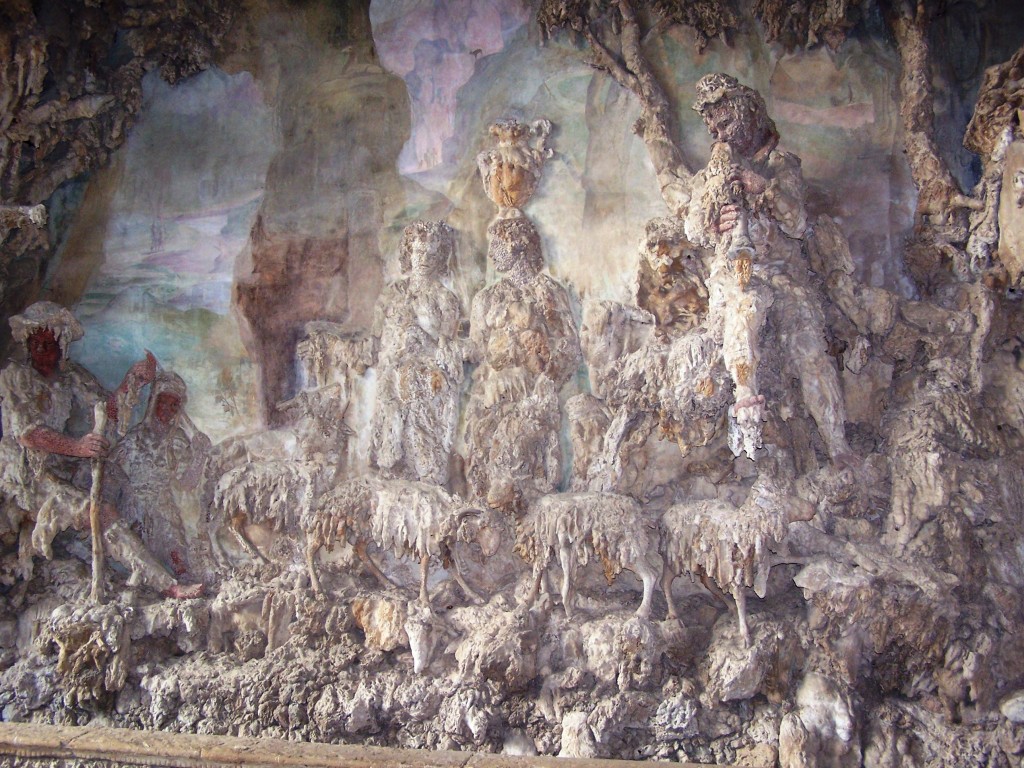
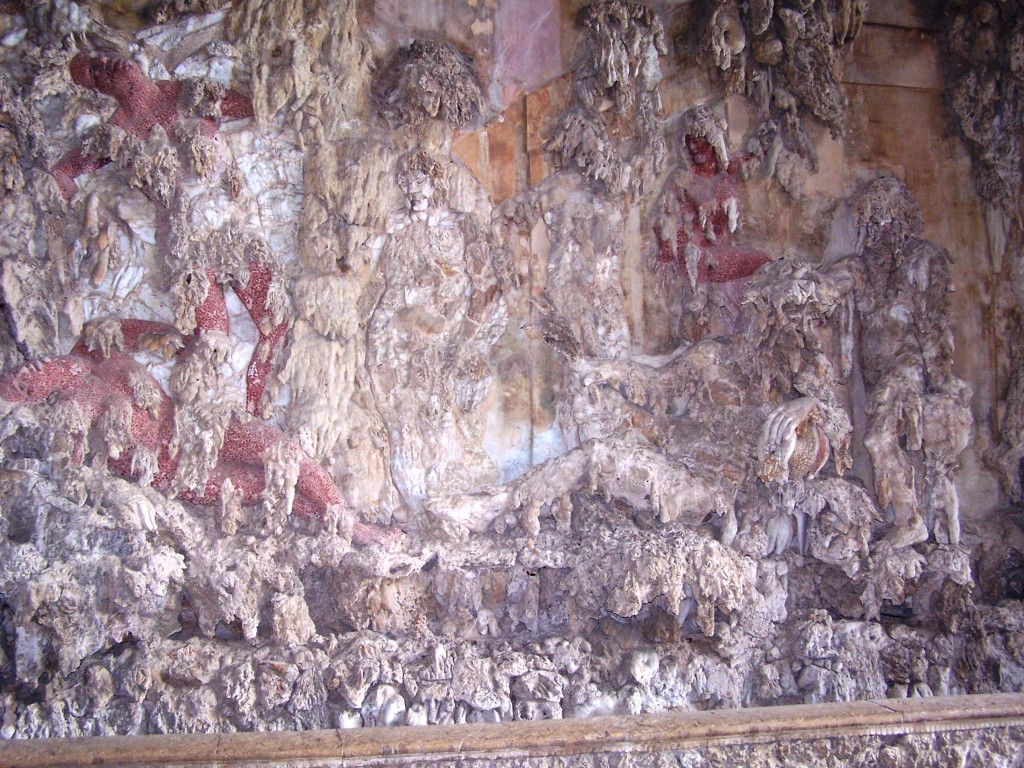
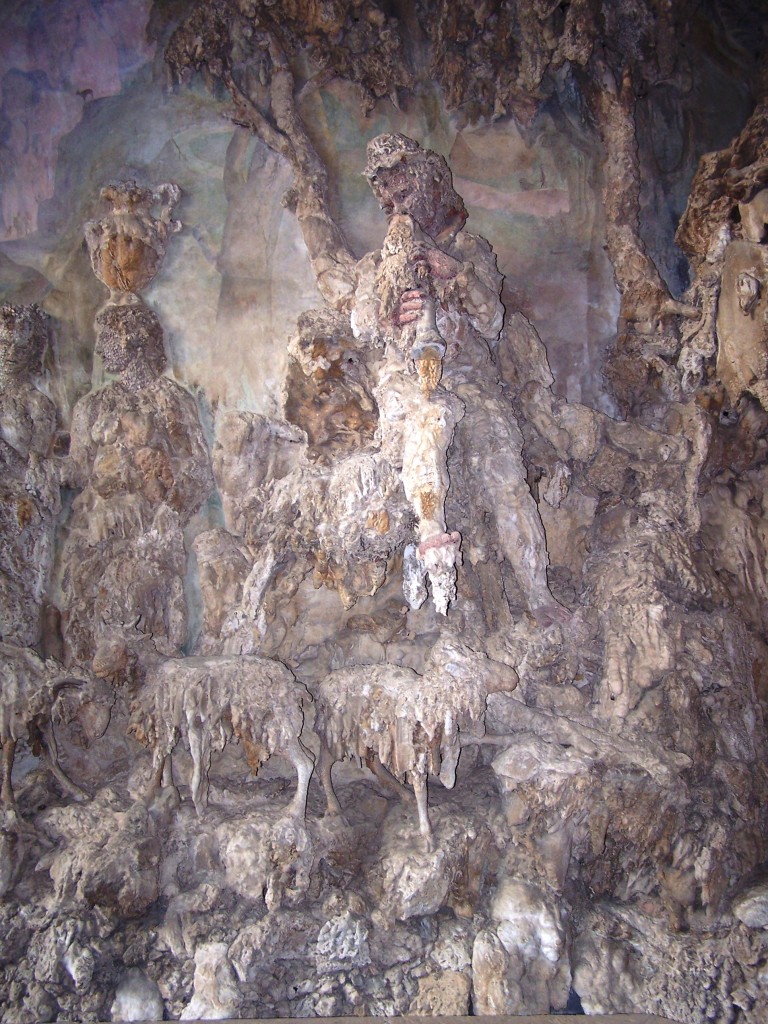
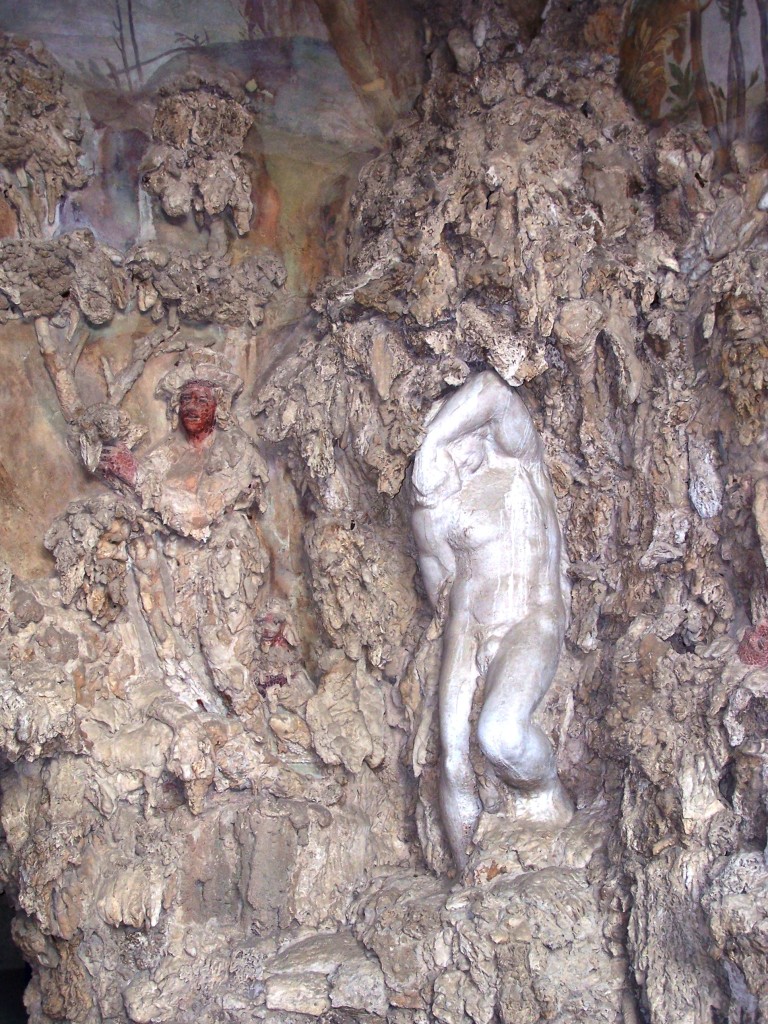
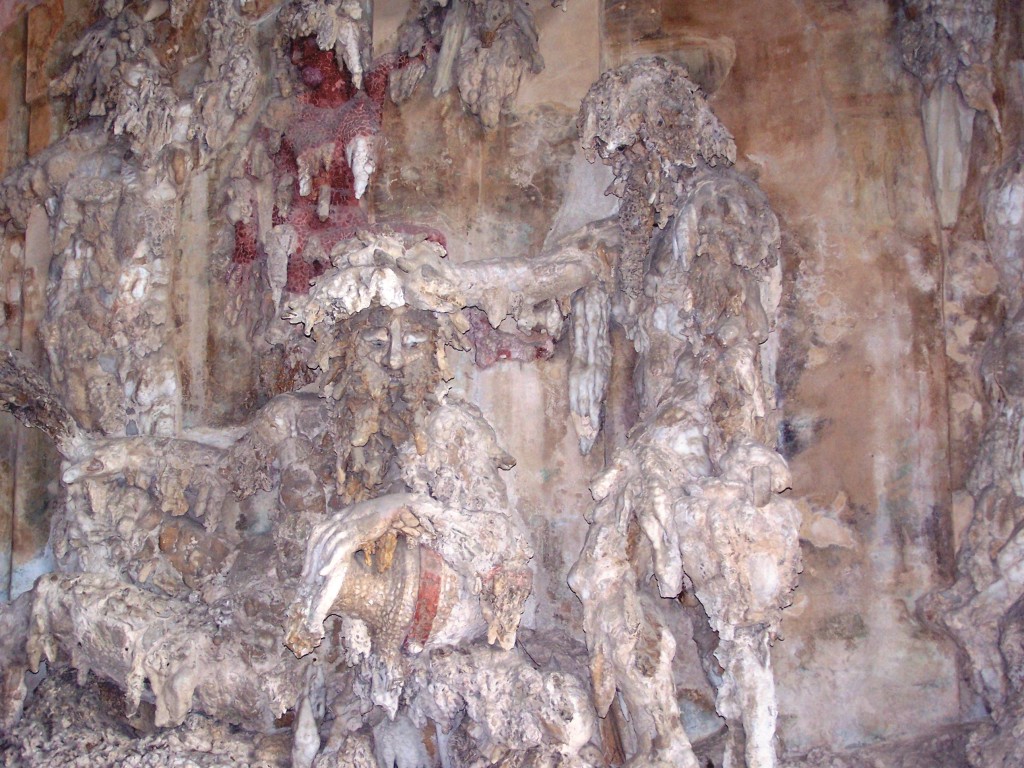
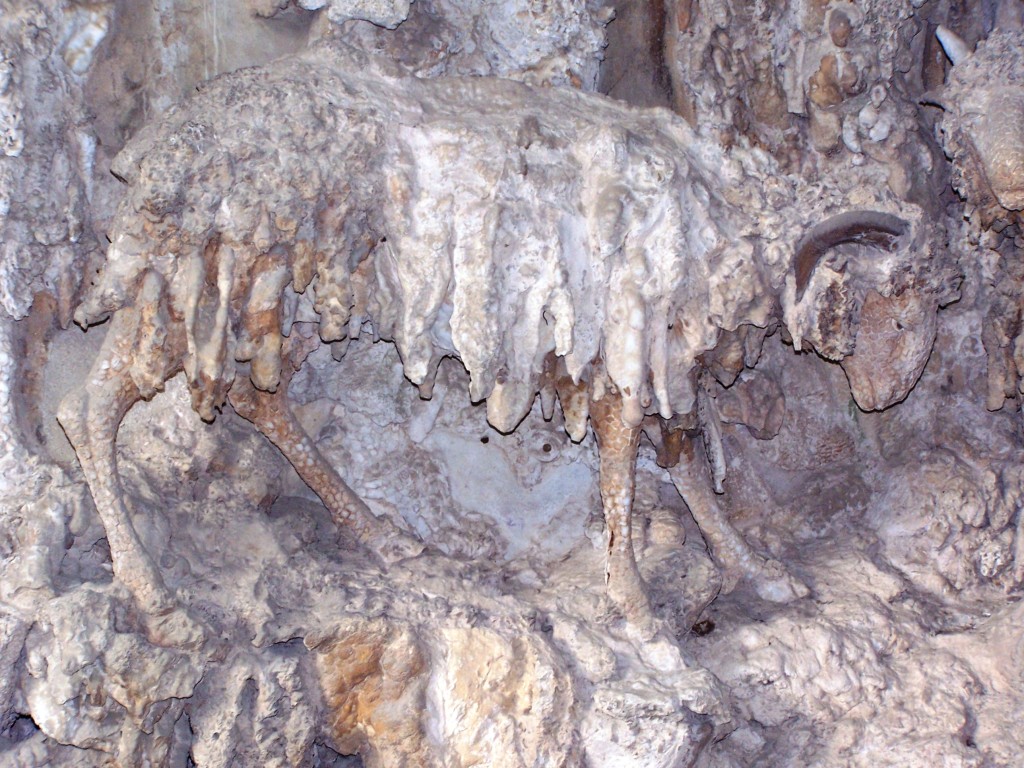
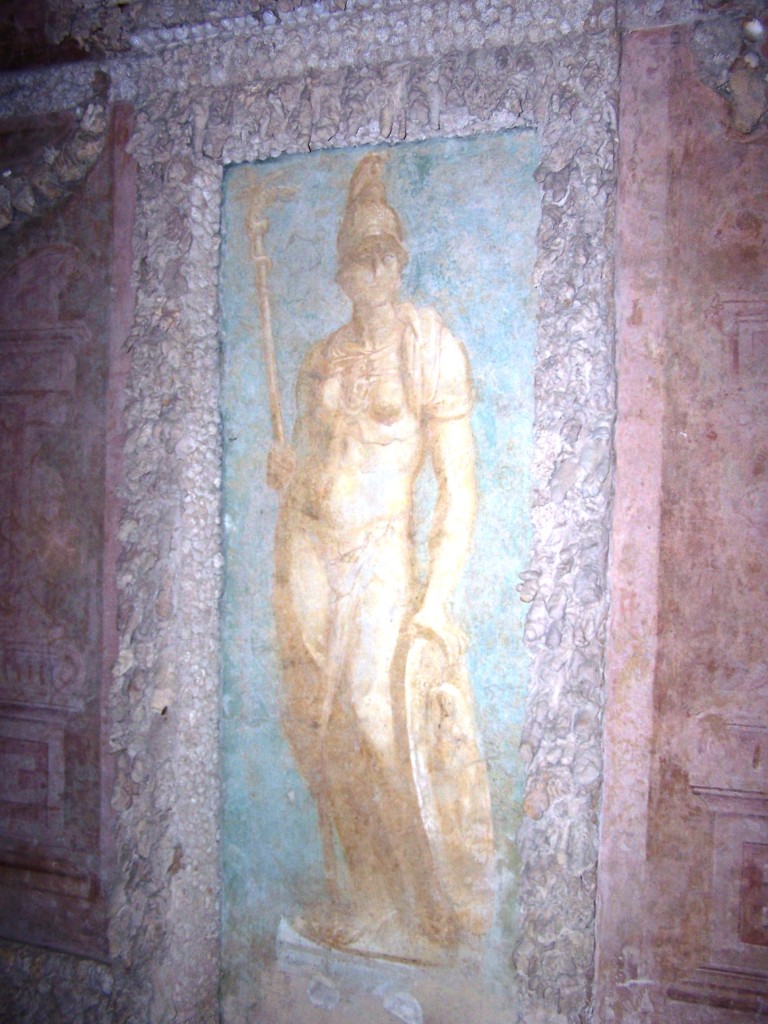
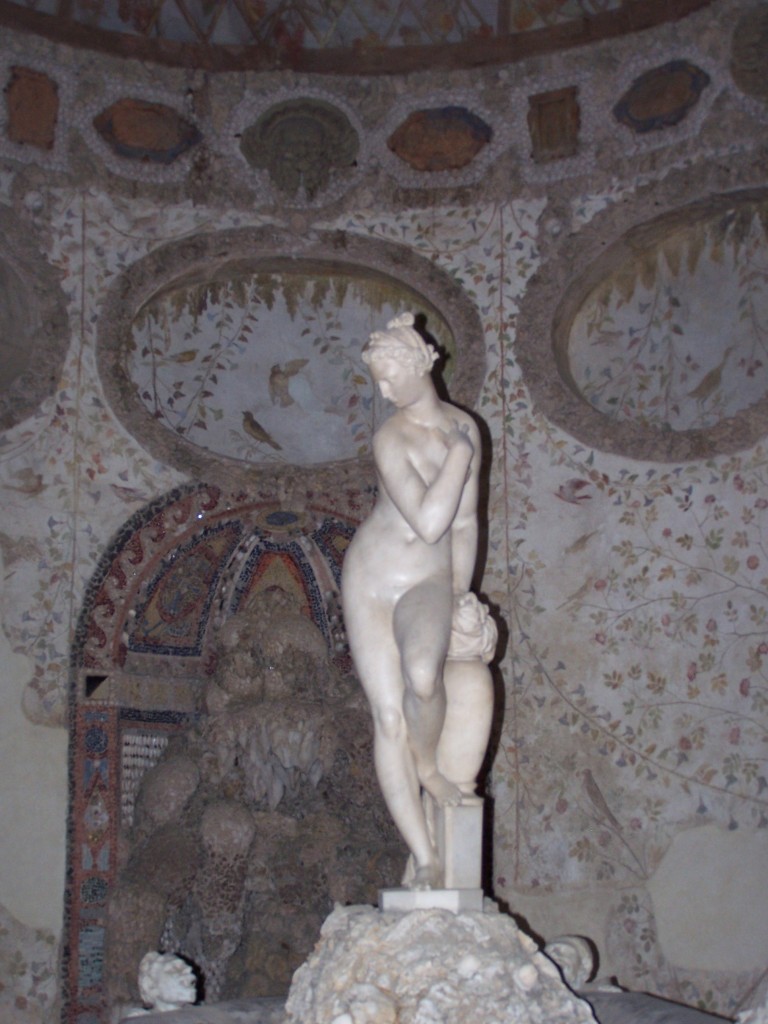
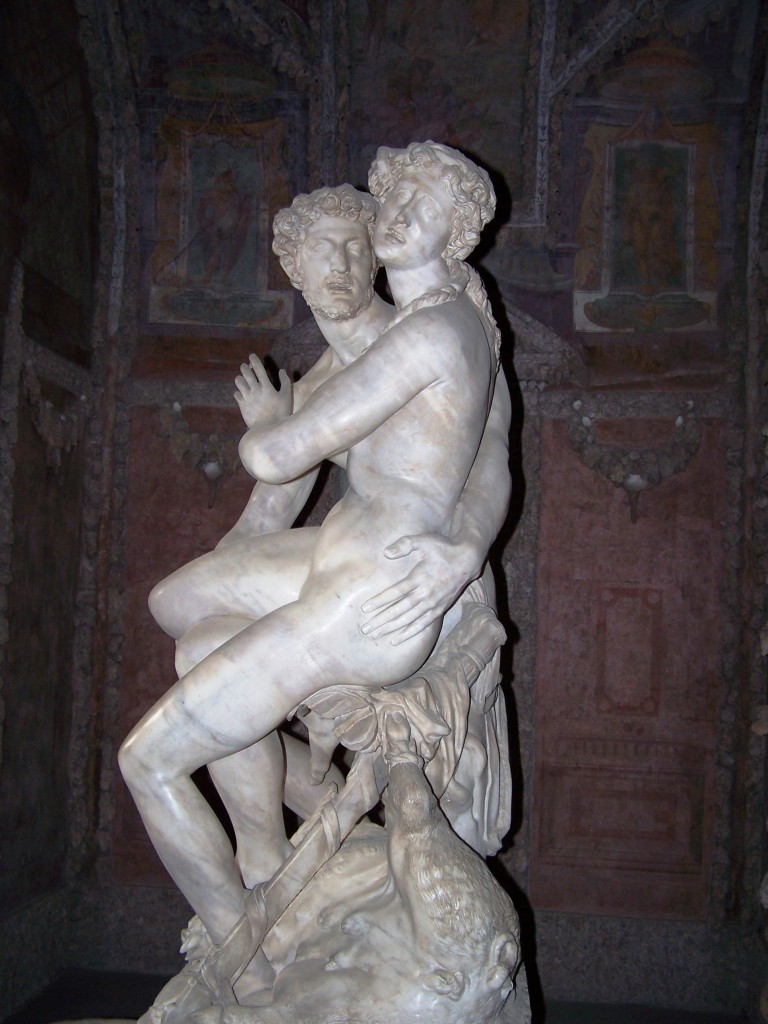
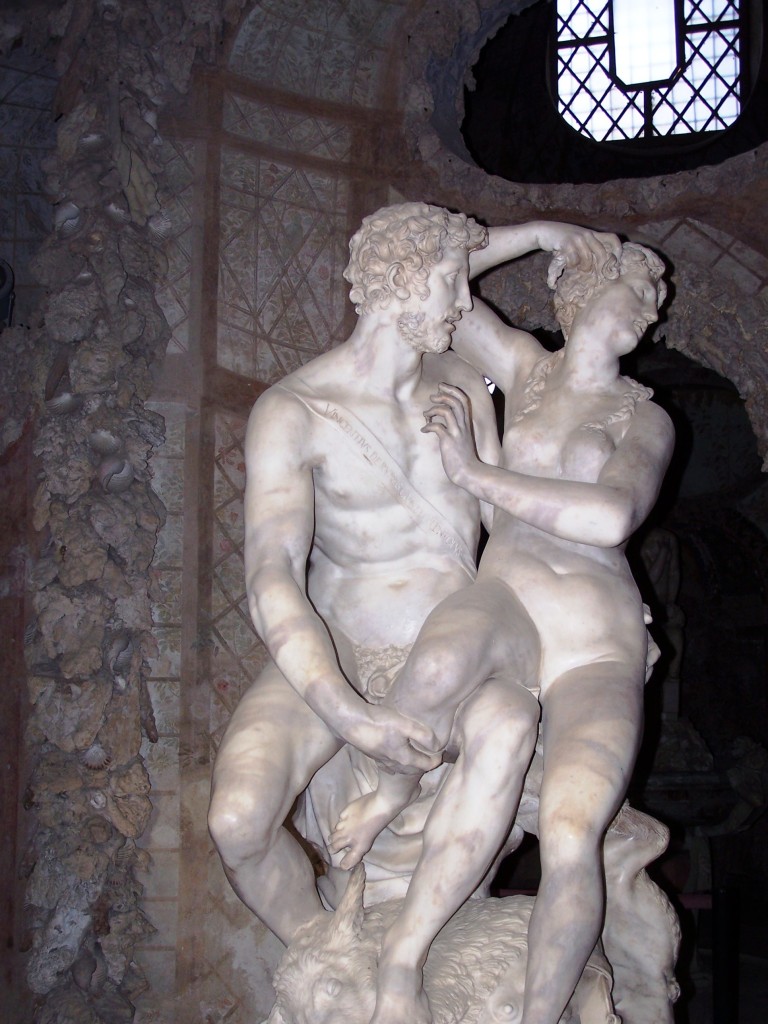
What do you think of the fantastic walls of the grotto? I find them extraordinarily beautiful.
Click here to access the beautiful gardens in which this magical grotto lives: The Boboli Gardens
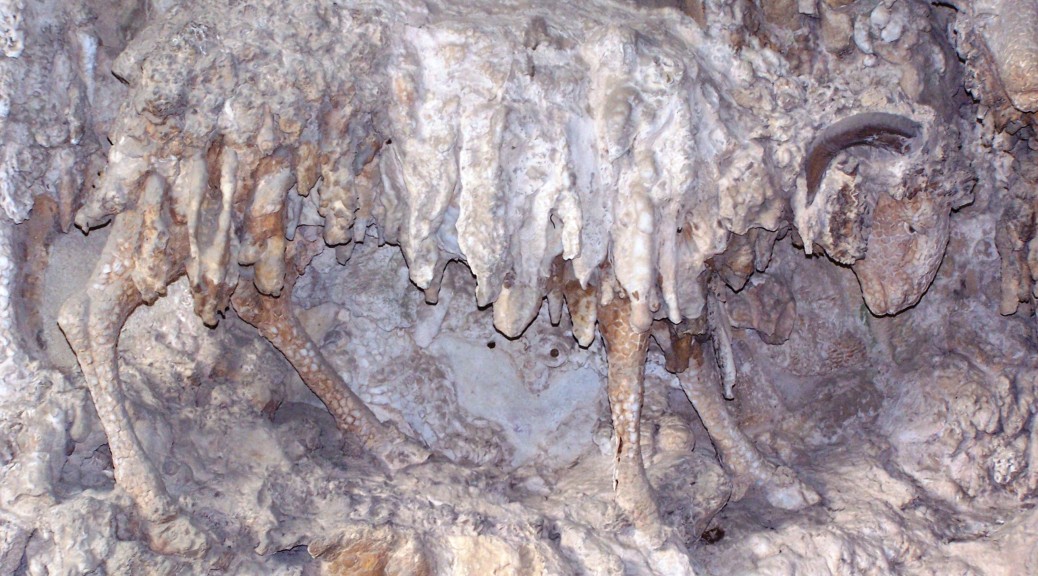
Helloa Ron. Nope – it is indeed Helen and Theseus. Although Homer neglected to make mention of it, there are a few variations of the legend that tell of Helen’s abduction by Theseus and Pirithous. (Perhaps I’ll add a brief account to the Grotto page to accompany the image of the statue, when I get a few minutes). Neither is it necessarily depicting rape (although the lack of clothing certainly creates that impression): in some interpretations of the myth Theseus respected Helen’s virginity, in others he gave her a daughter, Iphigenia. Paris comes later, after Helen had been carried off to Troy. Dangerous times for women. Although, as you say (I think), recent, more contemporary events, seem to show that some things haven’t changed much…
Thank you !
Vincenzo de Rossi’s “Helen and Theseus” has to be “Helen & Paris” !?
(“A word more ! After all we’ve seen to-day,
I call the piece: The Rape of Helena…”)